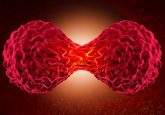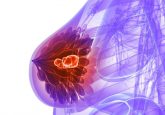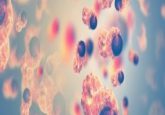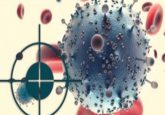Levels of freely circulating anti-stress hormone could indicate breast cancer risk
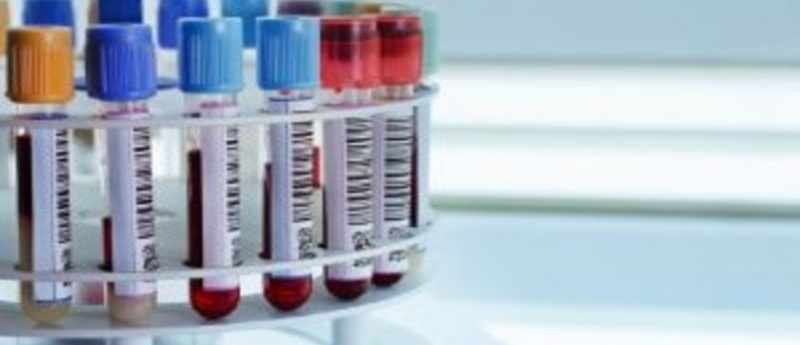
Researchers from Lund University (Lund, Sweden) have demonstrated for the first time that women with low levels of the hormone enkephalin have an increased risk of developing breast cancer. The research confirms similar findings from animal experiments and represents one of the strongest associations between cancer risk and a freely circulating biomarker ever described.
Recently published online in the Journal of Clinical Oncology, the study focuses on the freely circulating enkephalin hormone, which has been demonstrated to reduce pain and anxiety. The findings indicate that enkephalin levels could potentially be a new biomarker for the risk of developing breast cancer.
“This is the first time the role of enkephalin in breast cancer has been studied in humans, and the results were surprisingly clear. Among women with the lowest levels of the hormone, the risk of breast cancer was more than three times that of the women with the highest levels of the hormone. This is one of the strongest correlations between cancer risk and a freely circulating biomarker ever described,” explained Olle Melander and Mattias Belting, the lead authors of the research from Lund University.
The study was based on blood samples obtained from 1929 women, with an average age of 57 years, of the Malmö Diet and Cancer study, who were followed up for an average of 15 years. The results were adjusted for age, menopause, hormonal treatment, smoking and other factors that can influence breast cancer risk.
Although the study confirms the statistical correlation between low blood enkephalin concentrations and increased risk of breast cancer, it has not been proven that low levels of enkephalin directly affects tumor development. It is also noted that despite the adjustments performed in the study, factors such as geographical location and age may be significant.
The findings were replicated using an independent sample of 1569 women, with an average age of 70, from the Malmö Preventive Project. This sample also demonstrated a stronger link between low enkephalin levels and breast cancer. These studies established that enkephalin can reinforce the activity of the immune system against cancer cells, as well as having a direct tumor-inhibiting effect.
Although further studies are required, the researchers hope that their results will help facilitate the prevention and improved early detection of breast cancer. Once an individual is identified as being at increased risk of breast cancer, potential treatments could include lifestyle interventions in order to decrease stress levels and new pharmacological approaches. It is also indicated that the findings could be utilized as part of an individualized risk assessment and treatment program.
“Our immediate plan is to investigate how to affect the level of enkephalin in healthy individuals. We will do this primarily in a study with a smaller number of women. We are also interested in the hormone’s role in other cancers,” commented Melander and Belting.
Sources: Melander O, Orho-Melander M, Manjer J et al. Stable Peptide of the Endogenous Opioid Enkephalin Precursor and Breast Cancer Risk. J Clin Oncol. doi: 10.1200/JCO.2014.59.7682 (2015); Lund University press release
